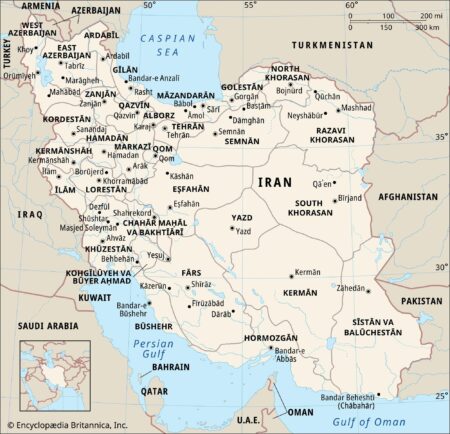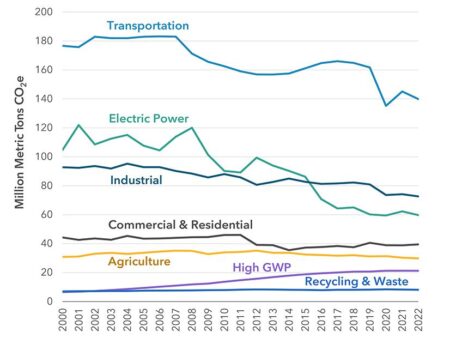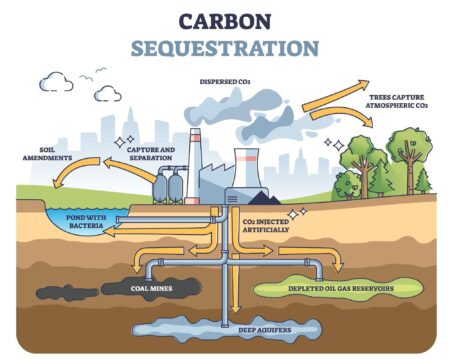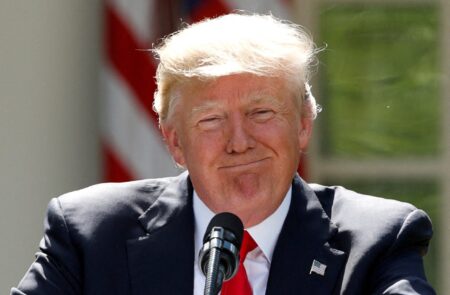At UN COP30 in Brazil, Iran boldly recommitted to combating climate change, pledging even stronger efforts to reduce emissions and lead the charge for sustainable development throughout the West Asia-North Africa region
Browsing: environmental policy
The UK government is reportedly considering a new tax on electric vehicles that would charge drivers according to the miles they travel. This proposal has sparked fierce opposition from both drivers and industry experts, who fear it could threaten fairness and stall the momentum of EV adoption
California’s greenhouse gas emissions fell by an impressive 3% in 2023, marking a powerful leap forward in the state’s bold climate mission, according to E&E News and POLITICO Pro. This promising drop underscores the real progress being made through relentless efforts to slash carbon pollution throughout California
Prince William has powerfully condemned the relentless deforestation in the Amazon during his visit to Brazil, calling it a devastating “crime” against our planet. He urgently appealed for immediate global action to protect this vital rainforest before it’s too late
Brazil’s ramped-up crackdown on illegal forest clearing has triggered a striking plunge in deforestation rates, fueling an impressive drop in carbon emissions, reports Yale Environment 360
COP, the UN climate summit, ignites global momentum in the fight against climate change. This year’s landmark gathering in Brazil puts deforestation and indigenous rights center stage, addressing some of the most critical environmental and human rights issues facing our world today
COP30, held under the UNFCCC framework, is poised to spark a powerful surge in global climate action. The U.S. Embassy highlights key goals: accelerating emissions cuts, expanding support for adaptation initiatives, and deepening international cooperation
An outspoken critic of climate activist Greta Thunberg has reportedly fled Germany, seeking asylum in the US. This bold escape highlights the rising tensions and fierce battles ignited by climate debates and political activism sweeping across Europe
The federal government has intervened to block Colorado’s plan to introduce Canadian wolves, sparking concerns over possible ecological impacts and regulatory challenges, according to a recent E&E News report via POLITICO Pro
New EU mandates are propelling Finland, France, Germany, Spain, and Italy to the forefront of sustainable aviation fuel adoption, driving greener skies and revolutionizing Europe’s travel industry for a cleaner, more sustainable tomorrow
India is plunging into ocean-based carbon capture, embracing a revolutionary approach to achieve net-zero emissions. Innovative marine technologies offer incredible potential to dramatically reduce atmospheric CO2 and pave the way for a cleaner, greener future
Brazil’s bold new commitment to ramp up sustainable fuel production has ignited a surge of concern among experts, who warn it could repeat past environmental mistakes and put biodiversity and indigenous lands at serious risk. Critics urge caution as the country pushes forward with its ambitious plans
UK campaigners have unveiled an ambitious new bill set to revolutionize environmental protection by granting legal rights to nature. This trailblazing initiative promises to reshape how our laws recognize and defend ecosystems and wildlife like never before
Despite former President Trump’s climate skepticism, countries like China and Brazil are forging ahead with ambitious climate goals, showcasing a strong and inspiring global dedication to safeguarding our planet, reports Honolulu Civil Beat
At the pre-COP summit in Brazil, anticipation is soaring around the bold $1.3 trillion climate finance roadmap, but vital details are still up in the air. Key stakeholders are racing against the clock to identify funding sources and finalize delivery strategies as COP28 draws near
Brazil is gearing up for the upcoming Amazon summit, set to unite global leaders in a powerful push to accelerate climate action and protect the rainforest. This landmark event aims to ignite new commitments to stop deforestation and drive sustainable development forward
The latest “Environment at a Glance” report by OECD highlights the UK’s remarkable progress in slashing emissions and boosting renewable energy, while also addressing persistent challenges in air quality and waste management
Germany is unleashing a game-changing €6 billion investment to transform heavy industry with state-of-the-art carbon capture and storage technologies. This ambitious funding surge will accelerate the rollout of pipelines and infrastructure, driving the country boldly toward a cleaner, greener tomorrow
In rural Spain, growing frustration with strict climate regulations is fueling a wave of support for far-right parties. Many voters blame environmental policies for their economic hardships, dramatically reshaping the political landscape as the upcoming elections draw near
Germany has unveiled a revolutionary €6 billion industrial decarbonization program, designed to accelerate the transition to green technologies and dramatically cut carbon emissions across key industries, the GMK Center reports



















